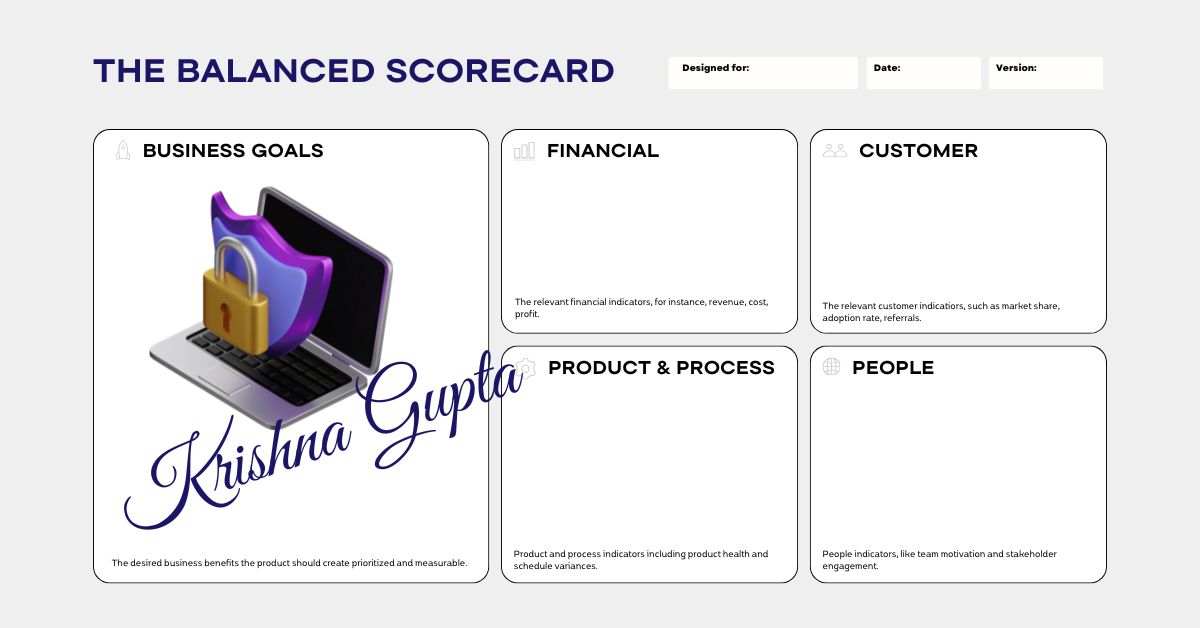BATNA (Best Alternative to a Negotiated Agreement): A Comprehensive Guide for C-Suite Executives
BATNA, coined by negotiation theorists Roger Fisher and William Ury in their book Getting to Yes, refers to the most favourable outcome you can achieve if negotiations fail. It is not just a fallback plan; it serves as the benchmark against which any proposed agreement is measured.




